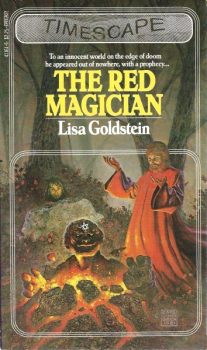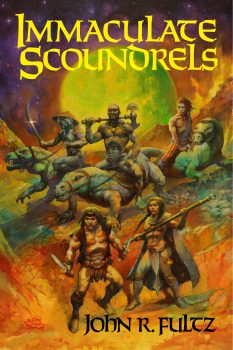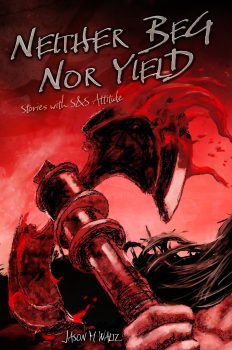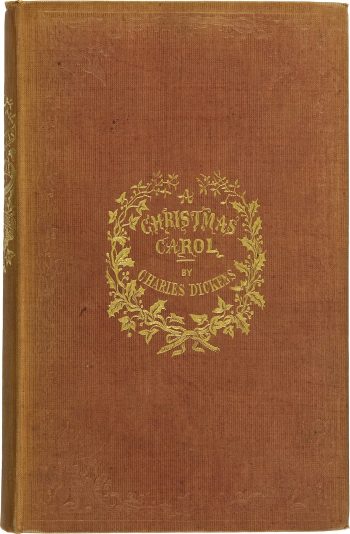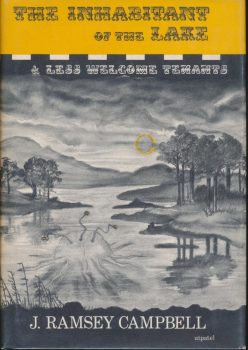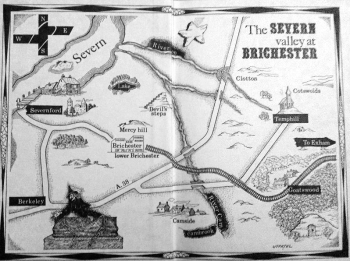Enter the Prince of Darkness:Dracula by Bram Stoker
“Listen to them—the children of the night. What music they make!”
Dracula to Jonathan Harker
I’ve heard tell my generation had nightmares about nuclear war, worried someone was going to press the big red button and trigger the annihilation of the world.
Not me. I was scared of vampires.
Heck, some nights I didn’t even have nightmares because I was too scared to sleep, convinced they were hiding behind the mottled sycamore trees that lined my block. I’m not sure where it came from. Probably from watching The Night Stalker TV movie (1972, dir. John Llewellyn Moxley) in which vampire Janos Skorzeny ravages sleazy seventies Las Vegas. It introduced the world to monster-hunter, Carl Kolchak and I saw it when I was seven or eight (thanks, Mom!). That fear disappeared quickly enough, but I was left with a taste for vampire stories.
I must have read some vampire stories in the various horror anthologies I bought regularly, though none spring to mind. I saw tons of movies and read stacks of horror comics featuring the bloodsucking fiends. It was two novels, though, that cemented my taste for the Central European monsters: Salem’s Lot (1975, Stephen King) and They Thirst (1981, Robert McCammon). They’re both big books, packed with characters and inventive takes on the idea of a master vampire trying to take over somewhere, a misbegotten Maine town in the first book and all of Los Angeles in the second.
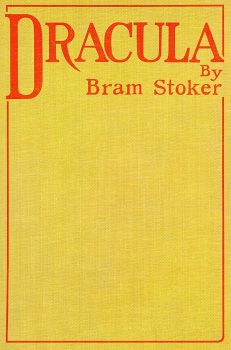
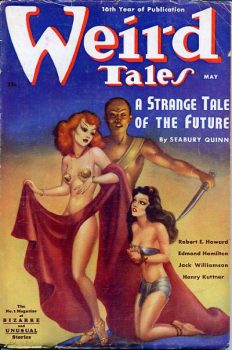
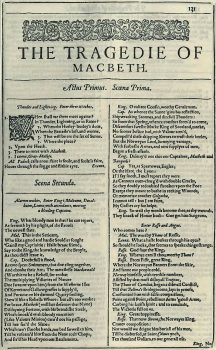
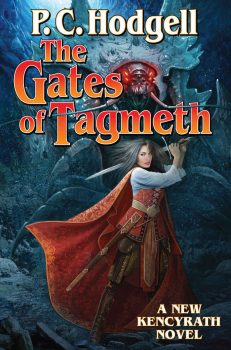 One of the
One of the 